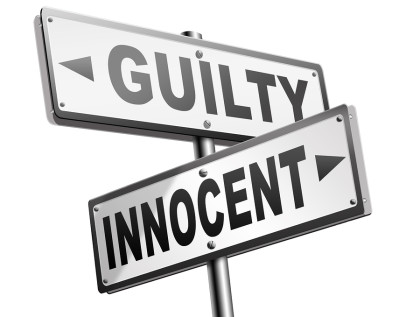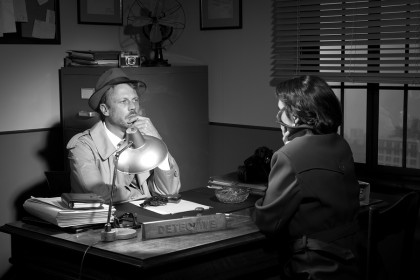 You might be surprised to learn that students whose mother or father is a police officer or prosecutor when asked: What would you tell your child about dealing with the police? The response is “Never talk to the police, or agree to let them interview you about anything, or let them search your car or apartment or backpack without a warrant.
You might be surprised to learn that students whose mother or father is a police officer or prosecutor when asked: What would you tell your child about dealing with the police? The response is “Never talk to the police, or agree to let them interview you about anything, or let them search your car or apartment or backpack without a warrant.
You need to stop for a minute, and let that sink in.
The Right to Remain Silent. You may know the famous “right to remain silent” protected by the Fifth Amendment however do you really understand that the protections of that right are for the innocent people as much as the guilty. Too many people mistakenly assume that someone who remains silent must have “something to hide” or be guilty of something. This is simply not true!
All over this country, prison cells are filled with innocent people falsely convicted for crimes they did not commit
Far too many Americans mistakenly think: “If the police want to ask me a few questions, and I know in my heart I have done nothing wrong, surely it cannot hurt to cooperate with them and do whatever I can to allay their suspicions and clear things up.” That attitude is certainly understandable, but it can be a deadly mistake, and it can land you in prison for a crime you did not commit, perhaps for the rest of your life.
So the take away here is….NEVER TALK TO THE POLICE OR AGREE TO LET THEM INTERVIEW YOU ABOUT ANYTHING, OR LET THEM SEARCH YOUR CAR OR APARTMENT OR BACKPACK WITHOUT A WARRANT….WHY: BECAUSE YOU ARE NOT SMARTER THAN THEY ARE AND YOU ARE NOT SAFE BECAUSE YOU BELIEVE YOU DIDN’T DO ANYTHING WRONG.






